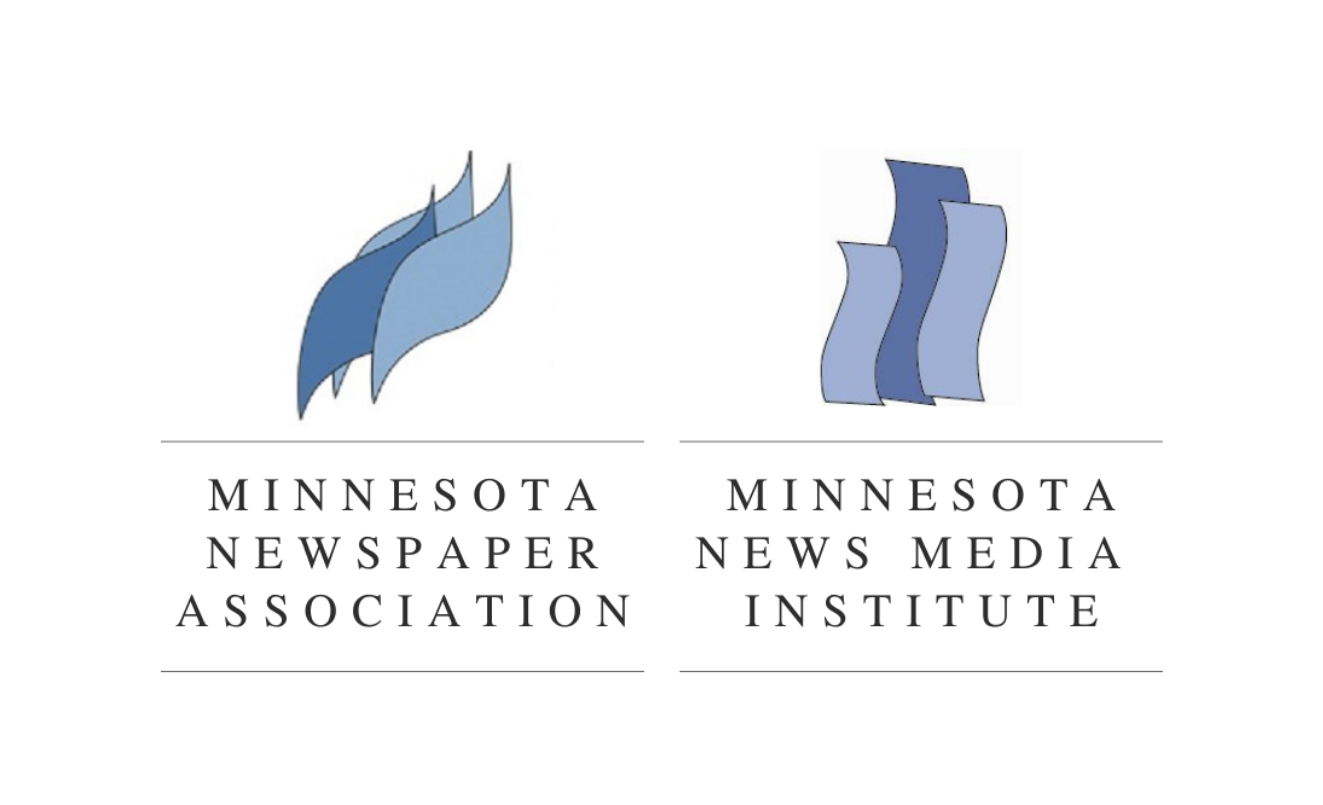New Postage Rate Increase Jan. 26 will be Three Times Inflation; NNA Calls USPS Decision Flawed
 The Postal Regulatory Commission handed everyone who uses the mail a lump of coal on Christmas Eve: approval of the U.S. Postal Service’s proposal to raise postage rates by more than triple today’s inflation.
The Postal Regulatory Commission handed everyone who uses the mail a lump of coal on Christmas Eve: approval of the U.S. Postal Service’s proposal to raise postage rates by more than triple today’s inflation.
The new rates will likely go into effect Jan. 26 if USPS elects to accept the PRC’s decision.
The PRC did disagree, however, with the Postal Service’s justification for a proposed “exigency” rate increase that it lost more than 53 billion pieces of mail because of the Great Recession. Rather the PRC continues to blame Internet diversion as the principal reason for Postal Service losses. The PRC only credits the recession with less than half the USPS financial loss — but granted the increase anyway — noting USPS needs the money.
National Newspaper Association President Robert M. Williams Jr., publisher of the Blackshear (GA) Times, said NNA respectfully disagrees with the Postal Service’s request as well as the commission’s decision. He insists a lack of action by Congress to enact postal reform is at the root of the problem.
“We are whistling in the dark,” said Williams. “We cannot avoid the fact the Postal Service is operating in a new world. We all are. The longer the Postal Service and lawmakers avoid reducing core costs for the delivery network, the more pain will be inflicted upon all who use the mail. Fewer and fewer customers will be paying more and more. This approved postage increase solves nothing.”
The Postal Regulatory Commission said it expects USPS to wean itself of the increase over time. Although USPS said it expects the effects of the recession to go on for an unforeseeable period, the commission declined to allow the additional $1.8 billion it expects USPS to receive in contributions to overhead to go on forever. The ruling requires USPS to provide a plan by May for eliminating the extraordinary increase over a two-year time period.
Unless USPS can achieve serious reductions in operating costs without critically diminishing services, Williams is not optimistic this can happen.
“This latest action by the PRC only makes the Postal Service’s survival challenge tougher and scarier. This decision opens the door to perpetual steep postage increases for American businesses, including ours, which strives to fill a deep desire by readers to receive a hard copy newspaper, even if they also read online.”
NNA Postal Committee Chair Max Heath said he is also disappointed the exigency rate increase is granted. Heath notes that although USPS certainly has been impacted by the recession, so has its customers and raising postage rates now is ill-advised.
“We calculated increases up to 7 percent for some of our critical newspaper mail categories. To the extent that USPS suffered from the recession, so did our business,” said Heath. “It is too bad the law doesn’t allow for an “exigent decrease” in postage so we, who must respond to market realities, could be made whole as well.”
Williams said NNA will renew its efforts to seek prudent postal reform legislation during the annual Newspapers Leadership Summit March 13, 2014, when publishers visit Capitol Hill to urge action.
The National Newspaper Association is a 2,200 member organization of community newspapers. Founded in 1885, it represents newspapers in every state and encompasses weeklies and small daily newspapers providing local news and information to their communities. More about NNA: www.nnaweb.org.
